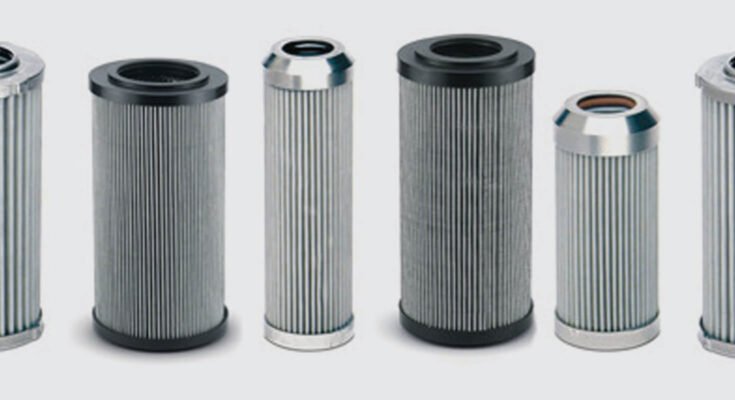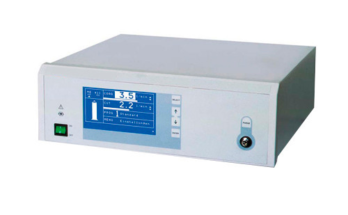If you’re working in engineering, chances are you’ve heard of Hydraulic Filters. But do you actually understand what they are, and how vital they are? In this article, we’ll explore the basics of what hydraulic filters do and how they work so that you can be better equipped to use them or even replace them if the time comes. Let’s dive in!
What are hydraulic filters and what do they do?
Hydraulic filters are designed to filter out contaminants from hydraulic systems. Hydraulic Oil is used in a variety of industrial applications, including powering hydraulic lifts, presses and brakes. Because these systems handle high pressure and dangerous liquids, it is vital that they remain free of dirt and other contaminants.
Hydraulic filters help eliminate this risk by removing dirt particles from the oil before they can reach the pump or other parts of your system. This means that you get to enjoy all of the benefits of using hydraulic fluid without having to worry about whether it’s safe or not!

How does a hydraulic filter work?
Hydraulic filters are designed to remove particulate matter from the hydraulic fluid. This can include metal shavings, sand and dust particles. These filters prevent the accumulation of contaminants in the hydraulic system which could lead to a failure of vital components such as pumps and motors.
The filter works by allowing clean oil to pass through while trapping contaminants within a fibrous material called the pleated paper or synthetic media (the most common type used today).
A special port is also included on some types of filters – this allows you to run an airline into your system so that you can blow out any clogs or excess dirt while running at high pressure without having to remove the filter first.
The Benefits of Hydraulic Filters
Hydraulic filters can provide many benefits for the equipment and operators that use them. For example, they can:
- Reduce the risk of damage to your equipment. When there are contaminants in the oil, such as dirt and wear particles, it’s possible for these contaminants to damage moving parts in your hydraulic system. This can cause expensive repairs and downtime for your operation.
- Improve efficiency. Dirt and other particles that get into an operator’s hydraulic system will reduce its overall efficiency because it takes more power to move a pump or motor when it has contaminants in its oil supply than when it doesn’t have contaminants in its oil supply–this is true even if those contaminants are just small amounts of dust!
- Increase the life of your equipment. Allowing some amount of dirt into your hydraulic system is not necessarily bad–it all depends on how much contamination is present each time you use it.
How can you tell if a hydraulic filter is damaged or needs to be replaced urgently?
A hydraulic filter is designed to protect your machine from contamination. If it becomes clogged, however, it can cause damage that makes the machine inoperable or even dangerous. To ensure that your equipment is operating at peak performance levels and won’t break down unexpectedly, you need to regularly inspect the hydraulic filter and replace it when necessary. While there are many different types of hydraulic filters available today—many of which use different methods for filtering—the following steps will help you determine if a hydraulic filter needs replacing:
- Check if the hoses are leaking or cracked. This can indicate that there’s been pressure build-up inside the system without an outlet for release and could cause damage if not addressed right away!
- Check if there are any visible signs of wear on either side (hose ends). If so, this could mean that one side has been letting more dirt through than normal while another has been letting less pass through because its pores were blocked off due to wear caused by friction during operation over time!”
Conclusion
There is no one-size-fits-all solution for hydraulic filters. Each system has its own unique needs, and the best way to find the right filter for your equipment is to talk with a knowledgeable expert.




